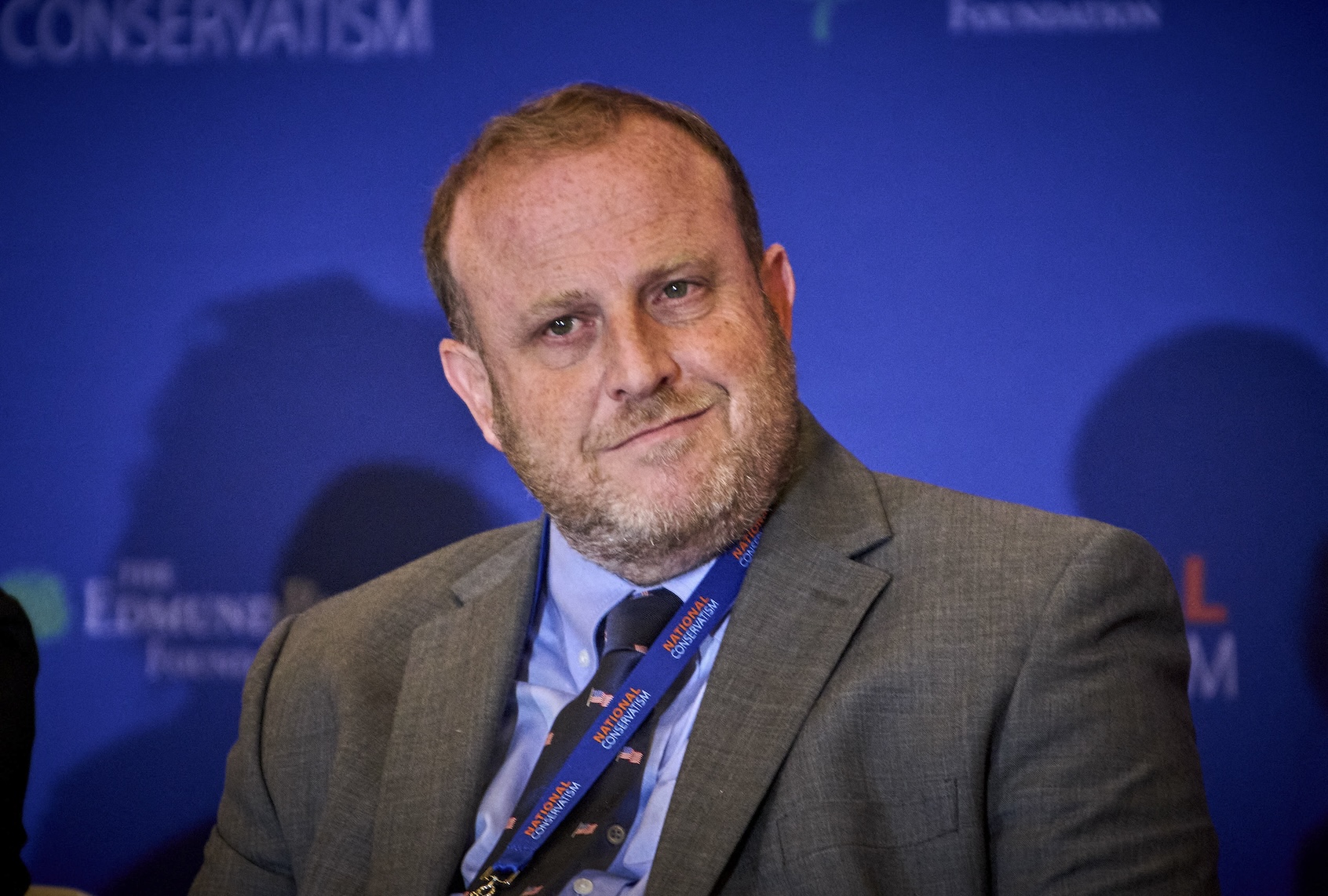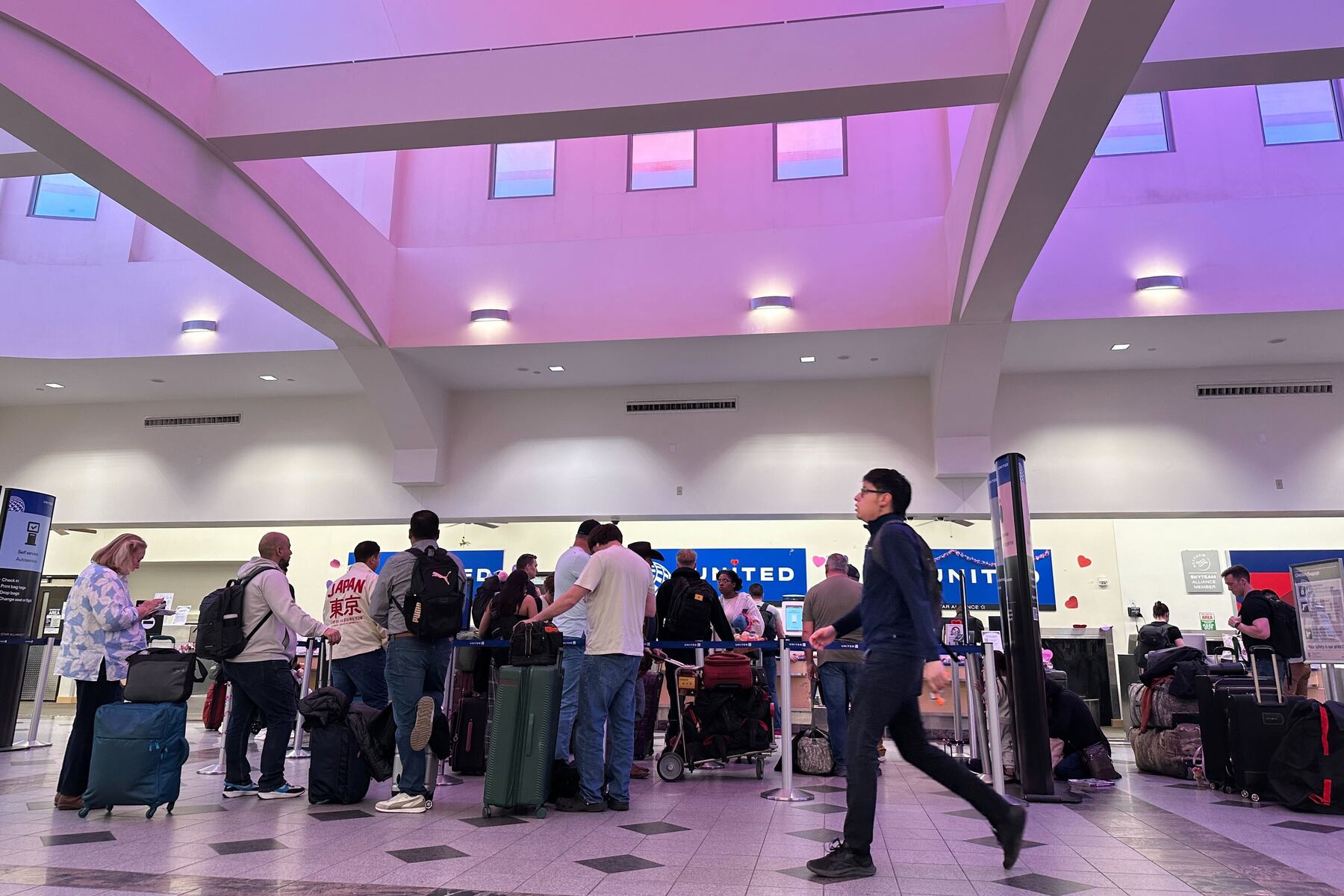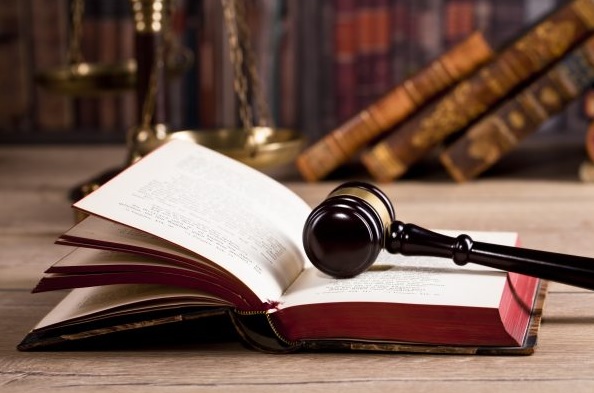FILE - Lindsey Halligan, outside of the White House, Aug. 20, 2025, in Washington. (AP Photo/Jacquelyn Martin, File)
A federal judge in Alexandria, Virginia, is set to hear arguments on Thursday regarding the legality of the appointment of prosecutor Lindsey Halligan, who secured indictments against former FBI Director James Comey and New York Attorney General Letitia James. Their legal teams contend that Halligan was improperly installed as interim U.S. attorney for the Eastern District of Virginia, which they argue should lead to the dismissal of the cases against their clients.
The core of the legal challenge revolves around the constitutional and statutory rules that govern the appointments of U.S. attorneys, who serve as the top federal prosecutors in various Justice Department offices. Typically, these positions are filled through presidential nominations followed by Senate confirmation. While attorneys general possess the authority to appoint interim U.S. attorneys for a period of up to 120 days, the law mandates that once this term expires, federal judges must have the final say on filling the vacancy.
During the upcoming court session, attorneys for Comey and James will argue that the appointment of Halligan deviated from these legal requirements. After the resignation of the previous interim U.S. attorney, Erik Siebert, in September 2023, Attorney General Pam Bondi, under pressure from then-President Donald Trump, appointed Halligan without judicial oversight. Siebert had been nominated by Bondi earlier that year, and judges in the Eastern District had expressed unanimous support for his continued service after his initial term.
Defense lawyers assert that the Justice Department overstepped its authority by making a second interim appointment without judicial approval. They highlight that while prosecutors argue the law does not explicitly prevent successive interim appointments, the manner in which Halligan was appointed raises significant legal concerns. Even if Halligan’s appointment is ruled invalid, the prosecution maintains that the appropriate response would not be to dismiss the indictment.
Both Comey and James have pleaded not guilty to the charges against them. Comey faces allegations related to making a false statement and obstructing Congress, while James is responding to claims of mortgage fraud. Their legal representatives have labeled the prosecutions as vindictive, asserting that they stem from personal animus from President Trump towards their clients, further justifying their call for dismissal.
As the case unfolds, the implications of the judge’s ruling could extend beyond the immediate charges, potentially influencing how U.S. attorneys are appointed in the future. The legal community is closely monitoring this situation, which raises fundamental questions about the intersection of law and politics in prosecutorial appointments.






